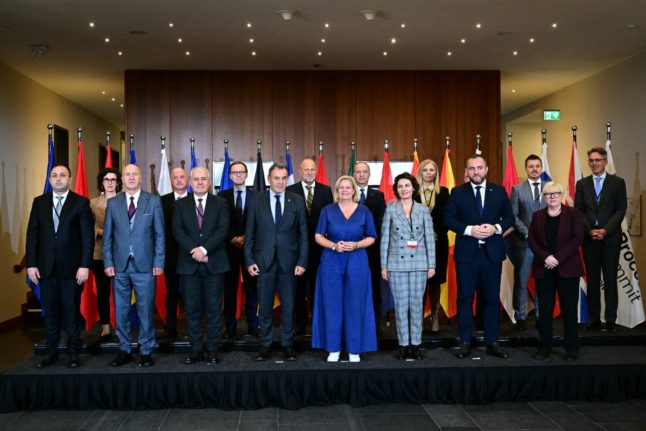Married foreigners from outside the EU whose residence permit depends on their spouse’s are often scared of leaving their abusive partner for fear of their permit being withdrawn, says a new report by the Observer for the rights of asylum-seekers and foreigners in French-speaking Switzerland (ODAE).
Published to coincide with International Women’s Day on Tuesday, the ODAE’s report said domestic violence is often under-estimated in Switzerland.
According to the federal statistics office, 15 women in Switzerland were killed by their spouse in 2014 and a further 25 were victims of attempted murder.
For foreigners whose residency depends on their partner’s status, “many hesitate to leave their spouse and report the abuse, often putting their lives in danger”, said the report.
In principle, foreign dependents are protected by law should the marriage fail due to domestic abuse.
Article 50 of the foreigners’ law counts marital violence as one of the ‘important personal reasons’ which allow a spouse to stay in Switzerland in their own right after leaving their partner.
But in practice that isn’t so straightforward, as victims must be able to prove the abuse, something that is hard for many beaten wives, Mélissa Llorens, coordinator for the ODAE, told newspaper Le Tribune de Genève.
“Medical notes are often not accepted by the authorities,” she told the paper.
“According to the supreme court you must also demonstrate that the abuse is systematic – something that is very difficult and not willingly accepted by the law.”
This aspect of the law was also picked up by Amnesty International in its 2015/16 annual report, released in February, which criticized the so-called ‘severity threshold’ used to assess cases of domestic abuse between foreign nationals.
In addition, under Article 50 foreigners must also prove they are sufficiently integrated in Switzerland to be able to hold a residence permit in their own right.
“Violence has serious consequences and victims sometimes have trouble finding and keeping jobs. Abuse hampers integration and these consequences are not sufficiently taken into account,” said Llorens.
Progress has been made on the issue especially in the canton of Vaud, Llorens told the paper, but more must be done.
Authorities should take into account the opinion of domestic abuse specialists and better recognize victims, she said.
“These questions should be part of the basic training for administrative staff.”
“We should also drop the requirement to demonstrate the intensity of the violence and its systematic nature,” she added.
Any children resulting from such marriages should also be considered, she said.
“They are direct victims of the violence between the couple and risk being sent away with their mother even if they have spent their whole life in Switzerland.”



 Please whitelist us to continue reading.
Please whitelist us to continue reading.
Member comments